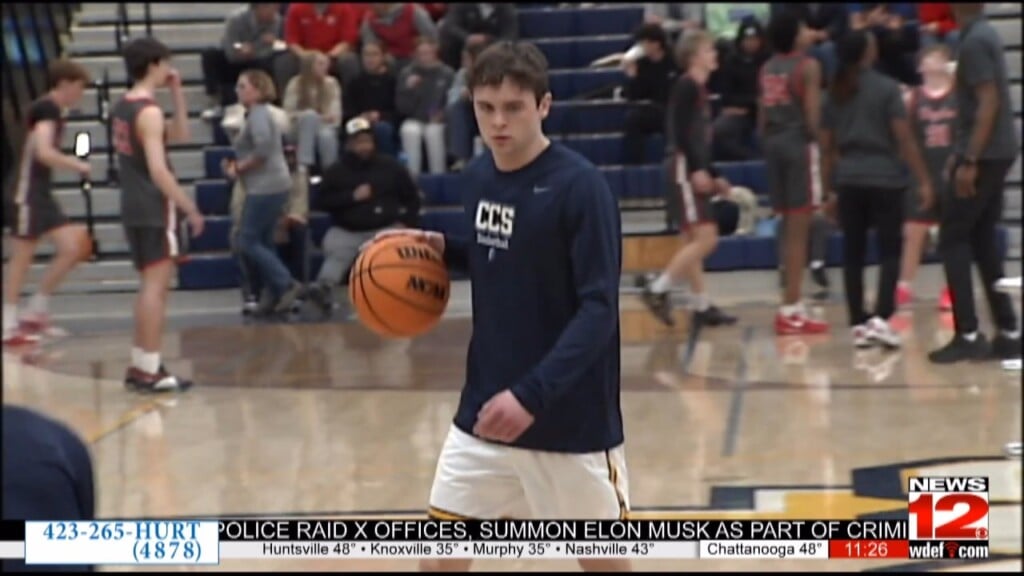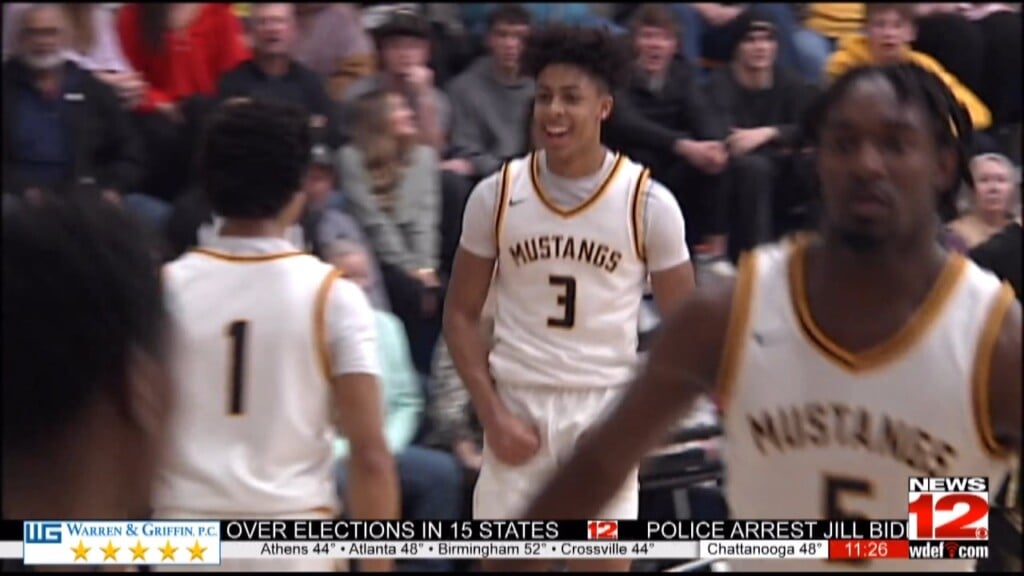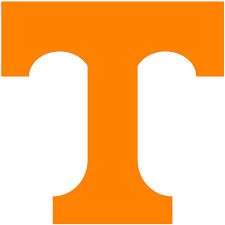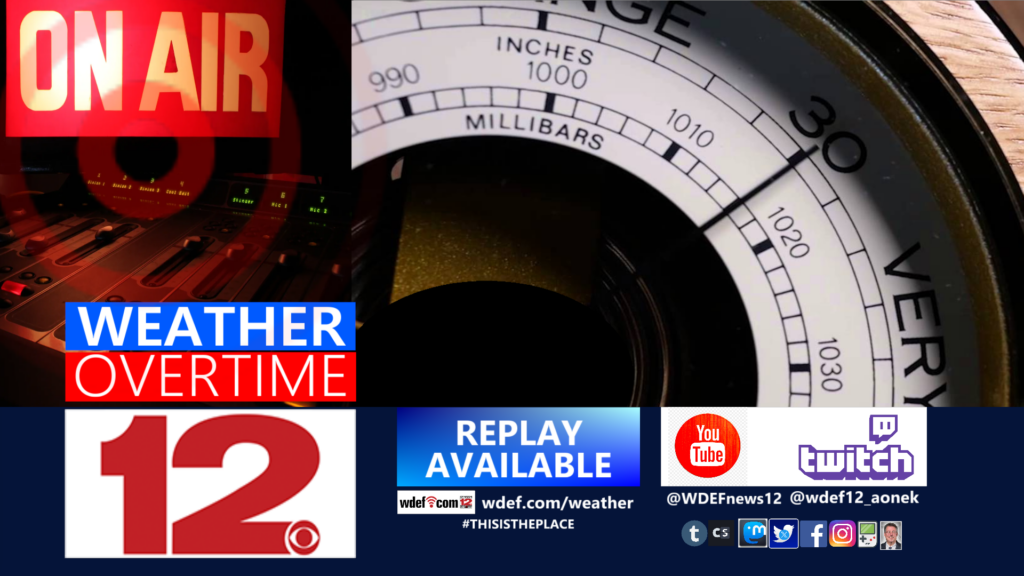Why the Pelicans didn’t trade Anthony Davis, and the information that could still shape their decision
In the wake of the New Orleans Pelicans declining to move Anthony Davis at the trade deadline, information has changed. First it was reported that Davis had a short list of preferred destinations, which didn’t include the Boston Celtics. At All-Star Weekend in Charlotte, Davis said “[the Celtics] were never not on my list.” Then Davis went even further and said no teams, in fact, have been ruled out.
A source told CBS Sports the Pelicans also consider all 29 teams, on varying levels, to be in play for a potential Davis trade as soon as this summer — even the teams that haven’t been included, whether behind closed doors or otherwise, as a favorite to successfully sign Davis to a long-term deal when he becomes a free agent in 2020. We’ve seen teams take one-year fliers on superstars. Toronto did it for Kawhi Leonard. The Thunder did it for Paul George.
Sources told CBS Sports the Nuggets, among others, were kicking the Davis tires at the deadline. A handful of teams have attractive enough assets to get in the Davis mix, and the motivation to strike while the iron’s hot. As such, there is still a lot of information to be gleaned from those potential suitors.
“How do certain players, who may be included in potential deals, perform in the playoffs?” the source said. “Who is going to end up with the No. 1 pick? This is all information that’s still out there. Why would [New Orleans] make a decision when all the pieces aren’t in place?
Perhaps the biggest piece of information still hanging out there is the potential availability of Boston’s Jayson’s Tatum, who, a source close to the situation told CBS Sports, is the only young player to have been included in discussions thus far that New Orleans sees as a potential future top-10 player. That could be a sticking point for the Pelicans. They want a top-10 guy for one of the best players in the league. The best players the Lakers can — and reportedly did — offer are Brandon Ingram, Lonzo Ball and Kyle Kuzma. Opinions on all three of those guys vary widely across the league.
“I still like Lonzo. I think he has talent,” one league GM told CBS Sports. “I’m not as high on Ingram.”
For all the talk of the Pelicans, back in action on Friday against the Pacers (7 p.m. ET — watch on fuboTV with the NBA League Pass extension), being more interested in sticking it to the Lakers than actually considering their offer honestly, the simple truth is the Lakers don’t have as good a package as the Celtics, or perhaps even other suitors. Furthermore, the Pelicans feel the package the Lakers did offer will still be there in the event that other, more attractive deals fall through this summer.
It’s hard to believe otherwise. The Lakers are in danger of missing the playoffs. If they were willing to throw their entire young core at the Pelicans in February, it stands to reason they’ll be even more desperate to not waste another year of LeBron James’ dwindling prime if they end up in the lottery. If they strike out on a max free agent, it’s hard to imagine them not making some kind of deal to bring in some win-now help for LeBron. Meanwhile, the Pelicans still have the leverage with Davis under contract through 2020, and they’ll continue to do their due diligence in the wake of former GM Dell Demps being fired.
Sources say the front-office turnover doesn’t change the New Orleans’ stance on remaining patient with Davis, though how quickly this situation turned ugly from a PR standpoint is believed to have played a role in Pelicans owner Gayle Benson’s — shall we say — impulsive decision to part ways with Demps. Other sources believe that move was bound to happen at some point, with or without this mess.
One thing virtually everyone agrees on is in this particular case, there wasn’t much Demps could’ve done differently. Davis and his camp went public with a trade demand, effectively making a strong-arm play to force Davis to the Lakers before Boston could get involved in talks this summer. New Orleans did what it could do: listened to offers with no real intention of caving to pressure. What else could the Pelicans have done? Once a trade demand is made public, all bets are off. NBA Commissioner Adam Silver addressed this issue at All-Star Weekend.
“I would just say, blanketedly, no, I don’t like trade demands, and I wish they didn’t come,” Silver said. “And I wish all those matters were handled behind closed doors … In terms of trade demands, again, certainly, that’s nothing new in this league, and I won’t name names, but some of the greatest players in the history of this league have demanded trades at various points in their contract. Having said that, no one likes to see an instance where a player is demanding that he be traded when he still is in the middle of a contractual obligation to a team.”
Silver might not like public trade demands from a player still under contract, but what other kind of trade demand is there? If you’re not under contract, you don’t need to be traded. Never mind that trade demands in general are virtually impossible to stop. If this year’s deadline showed the casual fan anything, it’s how much of this stuff is controlled by power players behind the curtain. They are the ones, along with the players themselves, who decide when, and how, to peel that curtain back.
That said, there are people who believe that trading Davis, in the long run, actually gives the Pelicans a better chance of competing for a title. That sounds crazy, but we know one player, no matter how dominant, isn’t even close to enough in today’s league. What the Pelicans have here, if played correctly, is an opportunity to not just set up a better future, but perhaps a better present.
“You can’t ever replace a Anthony Davis from a player-to-player standpoint, but in a small market like New Orleans, what other path is there to bringing back this many players and assets?” a league exec told CBS Sports. “This may actually be a better way to sort of reboot, not rebuild. You still have Jrue Holiday. He’s a great player. Not a good one. A great one. You still have Julius Randle. Imagine this: You do a deal with Boston, and at the very least you get, say, a Jayson Tatum, a Marcus Smart, another player or two to make the money work, plus high-value draft picks that become resources to potentially turn into even more players. Pair that with Holiday and Randle and build from there, you’ve got something.
“Now Flip the script,” the exec continued. “Say [Davis] doesn’t say anything, and now New Orleans is still operating on the belief they can convince him to stay, and all they have are their limited assets to go out and maybe get a starter-level player to add to what they have now. Does that put you in the conversation with a Golden State or the other elite teams? Losing Davis is a hit, but it’s also a chance to make a score. From an overall health-of-the-franchise standpoint, again in a small market, this may be the better path to being competitive long term.”





Leave a Reply